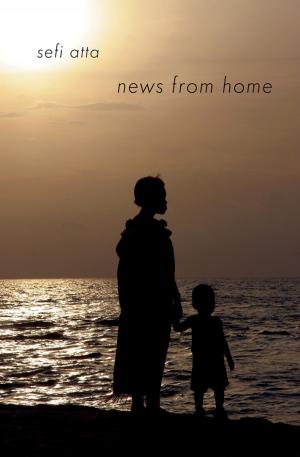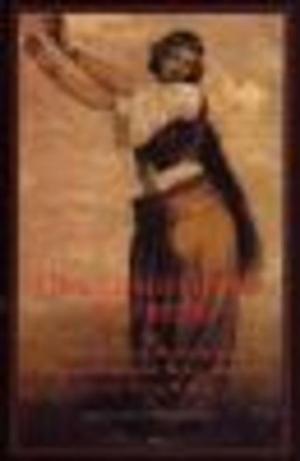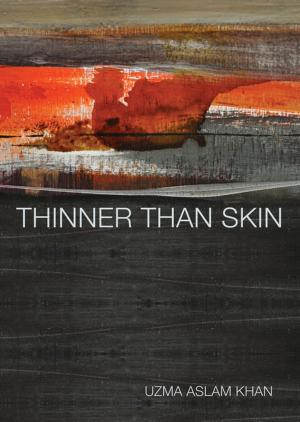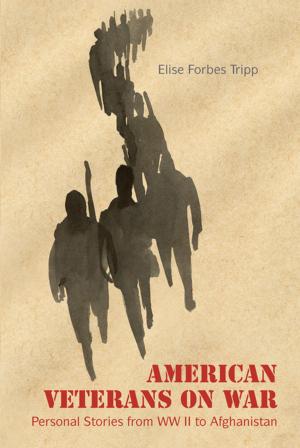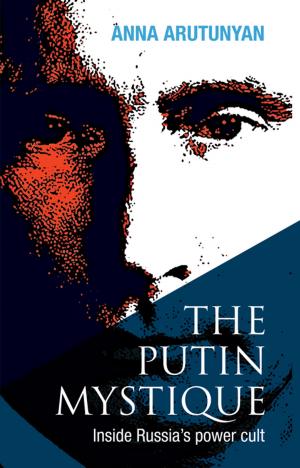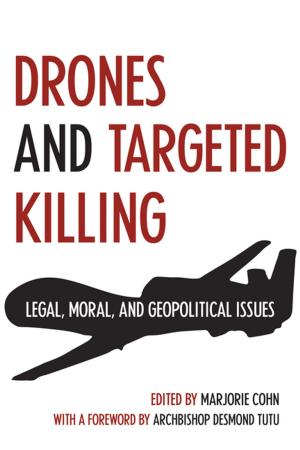| Author: | Mahmoud Saeed | ISBN: | 9781623710316 |
| Publisher: | Interlink Publishing | Publication: | May 25, 2013 |
| Imprint: | Interlink Books | Language: | English |
| Author: | Mahmoud Saeed |
| ISBN: | 9781623710316 |
| Publisher: | Interlink Publishing |
| Publication: | May 25, 2013 |
| Imprint: | Interlink Books |
| Language: | English |
In Ben Barka Lane we see the Morocco of the late 1960s through the eyes of a young political exile from Iraq-its beauty and misery, its unforgettable people. In this contemporary classic, Mahmoud Saeed offers us a unique portrait of a time and place, and a tale of the passion, politics, vengeance, and betrayal that take place there. A landmark of the modern Arab novel,” in the words of one critic, Ben Barka Lane is now, at last, in English translation, as compelling today as when first published.
Sharqi, a political refugee from Iraq, comes to Morocco in 1964 and finds work as a high-school teacher in the small city of al-Mohammadiya. But Morocco proves no safe haven: the country is in political and social turmoil, as the state suppresses the recent leftist opposition led by Mahdi ben Barka. The opposition is scattered and the Hassan government is cracking down everywhere. Al-Mahdi himself has been forced to flee and has disappeared; rumor claims he has been killed in France. Sharqi just intends to keep his head down, and ride out the chaos. But he meets Habib, a friend and comrade of al-Mahdi, who, despite a severe heart condition, is considered a threat by the government. Habib is living in a kind of internal exile; his residence is now restricted by the government to this small town. Under these difficult circumstances, Sharqi and Habib form a close bond of friendship. But this brief respite ends with the appearance of Ruqayya, a beautiful young woman whose mysterious motives will divide them, and set off a chain of events and intrigue that no one could foresee.
Sharqi, a political refugee from Iraq, comes to Morocco in 1964 and finds work as a high-school teacher in the small city of al-Mohammadiya. But Morocco proves no safe haven: the country is in political and social turmoil, as the state suppresses the recent leftist opposition led by Mahdi ben Barka. The opposition is scattered and the Hassan government is cracking down everywhere. Al-Mahdi himself has been forced to flee and has disappeared; rumor claims he has been killed in France. Sharqi just intends to keep his head down, and ride out the chaos. But he meets Habib, a friend and comrade of al-Mahdi, who, despite a severe heart condition, is considered a threat by the government. Habib is living in a kind of internal exile; his residence is now restricted by the government to this small town. Under these difficult circumstances, Sharqi and Habib form a close bond of friendship. But this brief respite ends with the appearance of Ruqayya, a beautiful young woman whose mysterious motives will divide them, and set off a chain of events and intrigue that no one could foresee.
In Ben Barka Lane we see the Morocco of the late 1960s through the eyes of a young political exile from Iraq-its beauty and misery, its unforgettable people. In this contemporary classic, Mahmoud Saeed offers us a unique portrait of a time and place, and a tale of the passion, politics, vengeance, and betrayal that take place there. A landmark of the modern Arab novel,” in the words of one critic, Ben Barka Lane is now, at last, in English translation, as compelling today as when first published.
Sharqi, a political refugee from Iraq, comes to Morocco in 1964 and finds work as a high-school teacher in the small city of al-Mohammadiya. But Morocco proves no safe haven: the country is in political and social turmoil, as the state suppresses the recent leftist opposition led by Mahdi ben Barka. The opposition is scattered and the Hassan government is cracking down everywhere. Al-Mahdi himself has been forced to flee and has disappeared; rumor claims he has been killed in France. Sharqi just intends to keep his head down, and ride out the chaos. But he meets Habib, a friend and comrade of al-Mahdi, who, despite a severe heart condition, is considered a threat by the government. Habib is living in a kind of internal exile; his residence is now restricted by the government to this small town. Under these difficult circumstances, Sharqi and Habib form a close bond of friendship. But this brief respite ends with the appearance of Ruqayya, a beautiful young woman whose mysterious motives will divide them, and set off a chain of events and intrigue that no one could foresee.
Sharqi, a political refugee from Iraq, comes to Morocco in 1964 and finds work as a high-school teacher in the small city of al-Mohammadiya. But Morocco proves no safe haven: the country is in political and social turmoil, as the state suppresses the recent leftist opposition led by Mahdi ben Barka. The opposition is scattered and the Hassan government is cracking down everywhere. Al-Mahdi himself has been forced to flee and has disappeared; rumor claims he has been killed in France. Sharqi just intends to keep his head down, and ride out the chaos. But he meets Habib, a friend and comrade of al-Mahdi, who, despite a severe heart condition, is considered a threat by the government. Habib is living in a kind of internal exile; his residence is now restricted by the government to this small town. Under these difficult circumstances, Sharqi and Habib form a close bond of friendship. But this brief respite ends with the appearance of Ruqayya, a beautiful young woman whose mysterious motives will divide them, and set off a chain of events and intrigue that no one could foresee.


